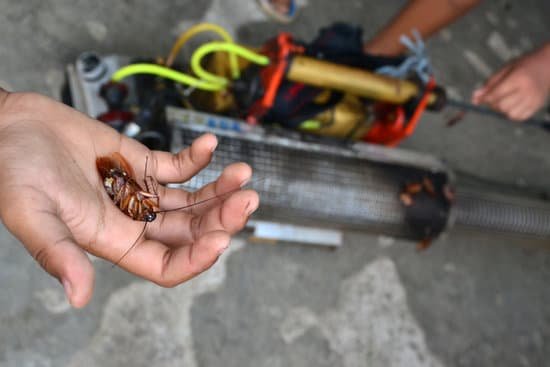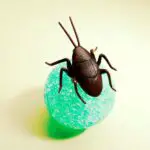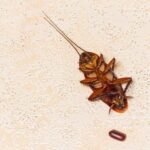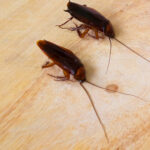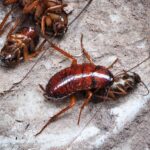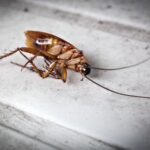How Are Cockroaches So Resilient?
Cockroaches have evolved to be resistant to many types of insecticides and antibiotics. If they manage to survive one class of insecticide, they develop immunity to the next. Cockroaches also have very short life spans, about 100 days. This makes them extremely hardy pests, and if you try to kill them, they’ll simply scurry away.
The secret to their resilience may lie in their anatomy and physiology. They are pre-adapted to insecticides and live among bacteria that produce toxins. They also feed on plant matter that may contain harmful chemicals. Their open circulatory system allows them to survive even if they are completely submerged in water for 30 minutes. In addition, they have tiny holes in their body segments that they can use for breathing.
Another way they are incredibly resilient is through their ability to reproduce rapidly. It has been suggested that a cockroach may be able to survive a nuclear explosion, while all other living creatures would perish. Cockroaches also regenerate and survive even after losing their heads.
Cockroaches’ immune system is highly developed. The genes in their bodies help them withstand various types of bacteria and fungi. They are also very resilient to radiation. It is estimated that a roach can survive for up to 20 times longer than a human.
